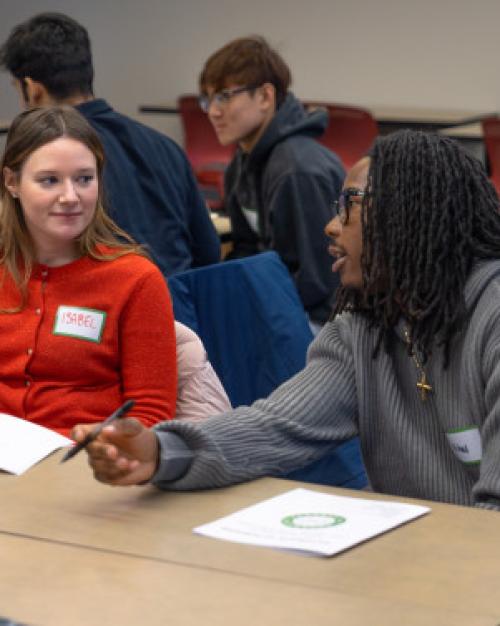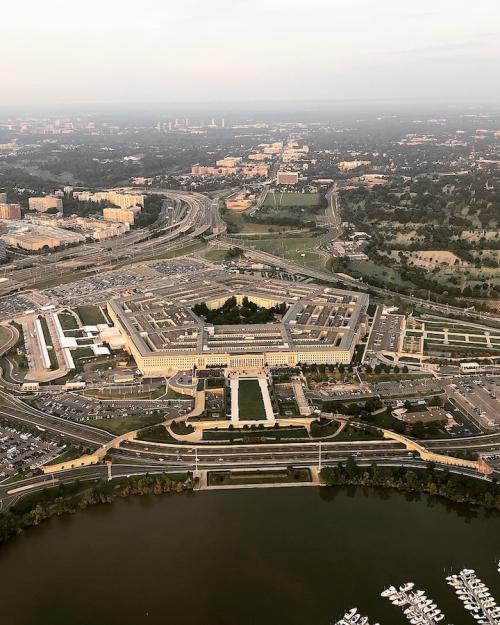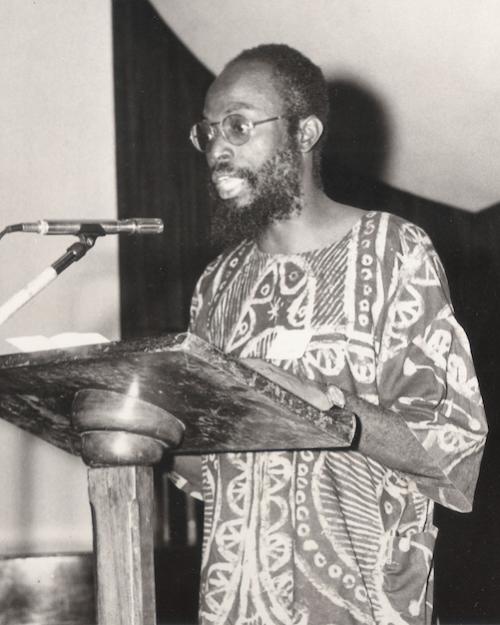Historian Robert Travers has been awarded a National Endowment for the Humanities Grant to work on his newest book, a deeper look at the impeachment trial of Warren Hastings from 1787-1795.
Travers, professor of history in the College of Arts and Sciences, has long been curious about the British empire in India. Hastings, who rose through the ranks of the East India Company and served as the first governor-general in British India, was accused of misconduct and corruption, but was eventually acquitted after a trial that took seven years to complete, amid fits and starts.
While other historians have written about the trial, most focus on the role of prosecutor Edmund Burke, who became an important political theorist of the period, Travers said.
“During the trial, we can see that the different sides were drawing on Mughal law, not only British theories of justice, when constructing their arguments,” Travers said. “I’m interested in this as a moment of intellectual encounter between European political theory and the Persianate political theory of the Mughal Empire.”
The $60,000 grant will allow Travers to extend a sabbatical next year to a full year and travel to the United Kingdom and perhaps India for archival research. His book project is titled “Law Between Empires: The Impeachment of Warren Hastings and the Origins of the Modern State in Britain and India.”
While British colonists saw themselves as stewards of Indian laws as they built a new state, Travers found that British lawmakers embraced some aspects of the Mughal system, as well as making changes to suit their own colonial purposes. During exchanges, encounters and conflicts between British and Indian administrators and politicians, both sides adopted some of each other’s political and legal structures.
“The Mughals created a diverse empire with different communities claiming rights and being able to take their grievances to the empire,” Travers said. “The British wanted to present their empire as a diverse, cosmopolitan one that included different people and rules of law. They were drawing some of their ideas from Mughal elites.”
He's also interested in discovering why this was one of Britain’s last impeachment trials.
“Impeachment goes out of business soon after this trial,” he said, “as people believe that impeachment is becoming outdated, that it’s not a proper legal proceeding, but too political.”
This is Travers’ second NEH grant – he received one in 2014 for his book, “Empires of Complaints: Mughal Law and the Making of British India, 1765-1793” (Cambridge University Press, 2022).
His teaching ranges broadly across British, European, South Asian and Global history from the early modern to the modern eras, and reflects his interests in the political history of empires, the history of political and economic ideas and the history of global interconnections. This semester, he is teaching a class directly related to the Hastings trial.
“I feel like it’s more interesting for the students if you are also puzzling through and learning as you go, rather than if you’ve already figured out a story and are just telling them about it,” he said.




